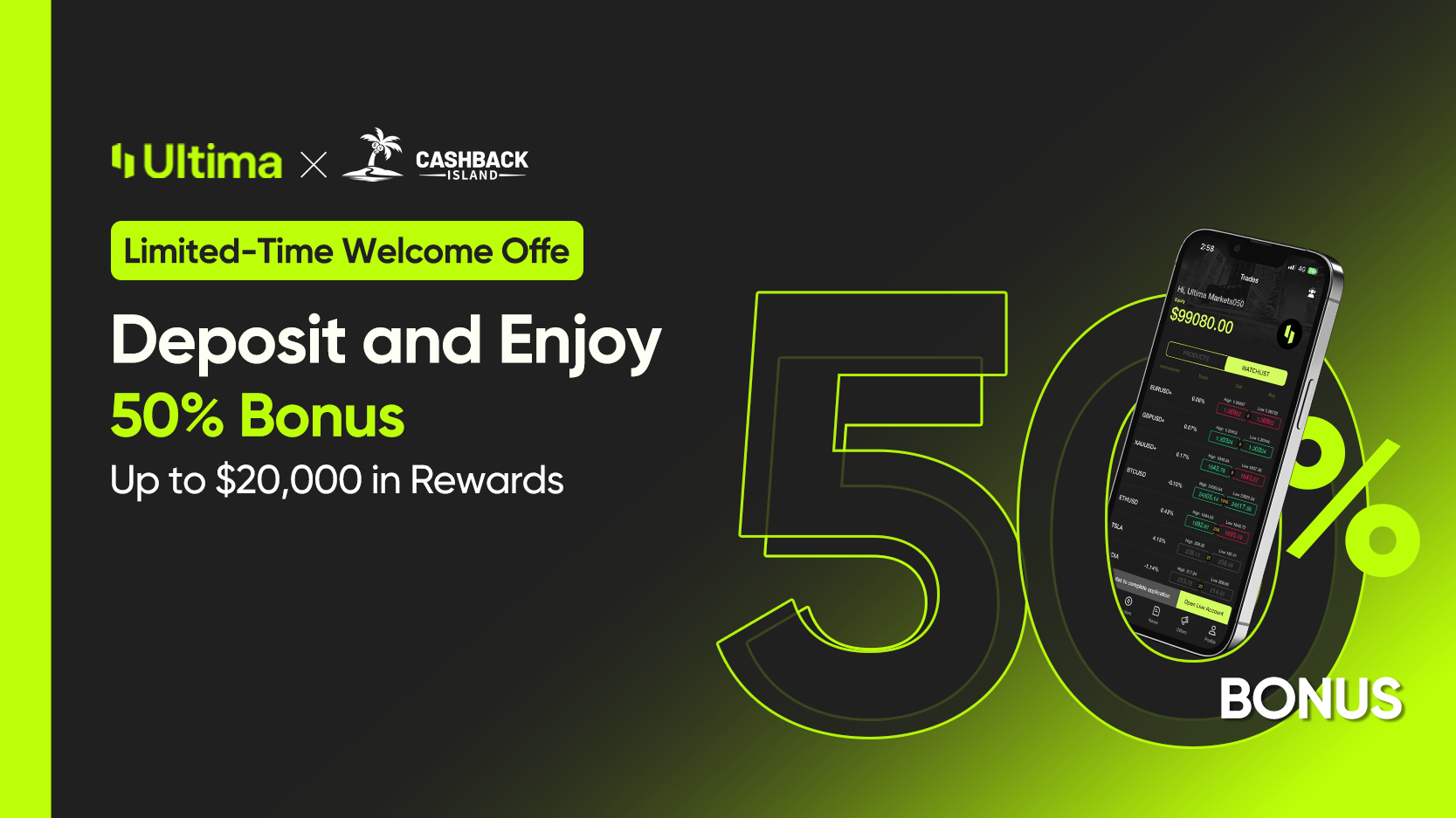Forex Spread Comparison Guide: Slippage & ECN Rebates
The Ultimate Guide to Forex Spread Comparison: Understanding Slippage Risks and ECN Account Rebates to Maximize Trading Profits
Do you ever feel that your trading profits fall short of expectations, quietly eaten away by hidden costs? In the forex market, success isn’t just about predicting price direction, it’s about mastering cost control. Among these, “forex spread comparison” and managing “forex slippage” are challenges every trader must face. This article takes you deep into the key differences between these two trading costs and reveals how to strategically leverage “ECN account rebate” programs to minimize expenses and achieve long-term, stable profitability. Learn how to choose the right trading platform so that every trade starts with an advantage.
Unveiling the Hidden Costs of Forex Trading
Many traders focus solely on market analysis and timing their entries and exits, while overlooking the trading costs that quietly accumulate over time. Among these, spreads and slippage are the two main hidden costs. Understanding their nature is the first step toward optimizing your trading strategy.
What Is a Forex Spread? Fixed vs. Floating Spreads
In simple terms, the forex spread is the difference between a currency pair’s “bid price” and “ask price”. It represents the broker’s primary source of revenue for providing price quotes and trade execution, and it is also the trader’s most direct trading cost.
For example, if EUR/USD is quoted at 1.07010 (bid) / 1.07015 (ask), the spread is 0.5 pips. This means that when you open a trade, the market price must move beyond that 0.5-pip gap before your position can start generating profit.
There are two main types of spreads:
- Fixed Spread: The spread remains constant and is not affected by market volatility. This type is more suitable for beginners or traders who prefer predictable costs, (such as scalpers). However, fixed spreads are generally higher than the average level of floating spreads.
- Floating (Variable) Spread: The spread fluctuates depending on market liquidity and volatility. During stable market conditions, spreads can be very tight, sometimes close to zero; but during major news events or sharp market movements, they can widen significantly. This model is commonly used in ECN or STP accounts.
Fixed vs. Floating Spread Comparison Table
| Characteristic |
Fixed Spread |
Floating Spread |
| Cost Predictability | High, remains stable and easy to estimate | Low, varies with market conditions |
| Average Spread | Generally higher than floating spreads | Relatively low (especially in ECN accounts) |
| During News Releases | Remains unchanged (but may experience requotes) | Spreads can widen significantly |
| Suitable Traders | Beginners, scalpers, automated trading users | Day traders and risk-tolerant professionals |
| Common Account Type | Market Maker (MM) accounts | ECN or STP accounts |
What Is Forex Slippage and Why Does It Eat Into Your Profits?
Forex slippage refers to the difference between your “intended order price” and the “actual execution price”. This usually occurs during periods of rapid market movement or low liquidity. Slippage can be negative (executed at a worse price) or positive (executed at a better price), but traders are typically more concerned about the former due to its potential to increase losses.
The main causes of slippage include:
- 💣 High Market Volatility: Major events such as US Non-Farm Payroll (NFP) releases or central bank rate decisions can cause prices to fluctuate dramatically within milliseconds.
- 📉 Liquidity Gaps: During market open, close, or certain trading sessions, insufficient buy or sell orders may prevent your trade from finding a counterparty at the specified price.
- 💻 Network Latency and Platform Execution Speed: Any delay between clicking order and the broker’s server executing the trade with liquidity providers can result in price deviation.
The impact of slippage on trading is immediate. For instance, if you set a stop-loss order at 1.07010, but due to sudden news the market gaps down to 1.07000, your order might execute at that lower price, resulting in an additional 10-pip loss beyond expectation. This is a classic example of how slippage can eat into profits (or even amplify losses).
Spread vs. Slippage: Key Differences and How to Manage Them
While both spreads and slippage impact trading costs, their nature is fundamentally different. Spreads are “predictable fixed” costs, whereas slippage is an “unpredictable risk” event. Conducting effective forex spread comparisons and implementing sound risk management strategies are essential to dealing with both.
| Forex Spread (Spread) | Forex Slippage (Slippage) | |
| Nature | A fixed trading cost and the broker’s primary source of revenue | Execution uncertainty and a reflection of market risk |
| Predictability | High (especially with fixed spreads) | Low, occurs randomly |
| When It Occurs | Occurs with every trade | Mainly happens during high volatility or low liquidity periods |
| Coping Strategy | Choose low-spread platforms and use ECN account rebates | Choose fast-execution platforms, avoid trading during major news events, and use Limit Orders |
ECN Account – The Top Choice for Professionals to Reduce Costs
Once you have a deeper understanding of trading costs, you will realize that choosing the right account type is crucial. Among them, the ECN account is highly favored by professional traders for its transparency and low-cost features.
What is an ECN Account? How Does It Offer Lower Spreads?
ECN (Electronic Communication Network) is a type of trade execution model. An ECN broker acts as an intermediary, building a bridge that sends traders’ orders directly to a liquidity pool composed of banks, hedge funds, and other traders for anonymous matching.
The core advantages of this model are:
- High transparency: Brokers do not trade against clients and earn only by charging a fixed commission, so there is no conflict of interest.
- Extremely low spreads: Since prices come from competitive quotes provided by multiple liquidity providers, spreads can be driven down to very low levels, sometimes even reaching zero.
- Fast execution: Orders are matched directly in the market, reducing human intervention and the possibility of requotes.
Decoding ECN Account Rebates: The More You Trade, The More You Save!
Although ECN accounts have extremely low spreads, they usually charge a fixed “commission” as a fee. The ECN account rebate mechanism, however, is an effective strategy to reduce this cost. By opening and trading through a rebate provider such as CashbackIsland, you can have part of the commission you pay to the broker returned to your account as cash rewards.
It’s similar to using a cashback card for online shopping. Your trading behavior remains exactly the same, but with every trade you make, you earn an extra “discount” for yourself. For active day traders or scalpers, these accumulated rebates over time can become quite substantial, directly boosting net profits.
ECN, STP, and MM Account Comparison: Which Should You Choose?
Understanding how different account types operate can help you choose the one that best fits your trading style.
| Account Types |
ECN (Electronic Communication Network) |
STP (Straight Through Processing) | MM (Market Maker) |
| Order Execution | Direct market access with anonymous order matching | Orders are sent to liquidity providers for execution | Handled internally by the broker (acts as the counterparty) |
| Spread | Floating, extremely low, can be zero | Floating, relatively low (broker adds a small markup) | Usually fixed spreads, relatively higher |
| Commission | Yes, fixed commission charged based on trading volume | No, cost is included in the spread | No, cost is included in the spread |
| Conflict of Interest | None | Minor | Yes (client losses are broker profits) |
| Suitable For | Professional traders, large capital, scalping strategies | General traders, those who prefer a no-commission model | Beginners, small capital, those who prefer fixed costs |
How to Choose? If you seek the lowest raw spreads, fastest execution speed, and don’t mind paying commissions (which can be reduced through rebates), the ECN account is undoubtedly the best choice. If you prefer a simple, commission-free model, the STP account offers a good balance. For beginners with smaller capital who prefer fixed costs, the MM account provides a lower entry threshold.
Top Forex Platform Comparison: Spreads, Slippage, and Rebates
Once you understand the theory, choosing the right platform in practice becomes the key. Below is a practical evaluation framework to help you effectively compare forex spreads and find the platform that best suits your needs.
How to Effectively Compare Forex Spreads? (with Checklist)
Relying solely on the “minimum spread” advertised on official websites is far from enough, as it doesn’t reflect the average spread you actually experience. A comprehensive comparison should include:
- ✅ Compare average spreads: Observe the average spreads of major currency pairs (such as EUR/USD, GBP/USD, USD/JPY) across different trading sessions (Asian, European, and North American).
- ✅ Monitor spreads during news releases: Observe how much spreads widen before and after major data announcements. Platforms with better spread control will show smaller and faster-recovering widening ranges.
- ✅ Include commissions in total cost: For ECN accounts, always calculate the total trading cost as “spread + round-turn commission”.
- ✅ Factor in rebate savings: Subtract your expected rebate amount from the total cost to determine your “net cost”. This represents your actual trading expense.
Real Tests and Ratings of Slippage Control Across Major Platforms
Slippage control is a key indicator of a platform’s execution capability. While it cannot be completely avoided, high-quality platforms experience it far less frequently and with milder impact.
- Review execution policies: Look for brokers’ statements regarding “price improvement” or “symmetric slippage” policies. A good platform should allow both positive and negative slippage.
- Server location: Choose brokers with servers located near major financial centers (such as London or New York) to minimize network latency.
- Read real user reviews: Check forex forums or review sites for feedback on how the platform performs during market volatility.
- Test with small capital: Before committing large funds, first test with a small amount in a trading account, especially during news releases, to personally assess its execution stability.
2025 Best ECN Account Rebate Platform Recommendations
To find the best platform, you need to balance low costs, strong regulation, and quality service. The following are key factors to consider when making your choice:
- Top-tier financial regulation: Ensure the platform is regulated by first-tier authorities such as the UK’s FCA or Australia’s ASIC to safeguard your funds.
- Transparent ECN model: Choose true ECN/STP brokers that send orders directly to the market, not hidden market makers.
- Competitive total cost: After factoring in spreads, commissions, and ECN account rebates, the overall trading cost should be among the lowest in the industry.
- Stable execution and low slippage: Strong server infrastructure and high-quality liquidity providers ensure fast and precise order execution.
- Comprehensive customer service: Professional, responsive Chinese-language support that can promptly assist you whenever needed.
Frequently Asked Questions (FAQ)
Q: What is the typical minimum deposit requirement for an ECN account?
A: In the past, ECN accounts had higher entry thresholds, often requiring several thousand or even tens of thousands of US dollars. However, with increasing market competition, many brokers now offer more accessible ECN accounts, with minimum deposits as low as 100–200 USD. That said, lower deposit thresholds may present challenges in leverage usage and risk management, so it is recommended to choose according to your capital situation.
Q: Which has a greater impact on trading costs, spreads or commissions?
A: It depends on your trading frequency and account type. For a standard no-commission account, the spread represents the entire cost. For ECN accounts, the total cost is “spread + commission”. Generally, for short-term or high-frequency traders, ECN accounts tend to have lower total costs, as the advantage of ultra-low spreads offsets the fixed commission expense. When combined with rebates, the cost advantage becomes even more significant.
Q: How can I effectively avoid or reduce forex slippage during high market volatility?
A: While it cannot be completely avoided, the following measures can significantly reduce slippage risk: 1. Avoid trading within a few minutes before or after major economic announcements (such as the Non-Farm Payroll report). 2. Use “Limit Orders” or “Stop-Limit Orders” instead of market orders to ensure your trades are executed only at your specified price or better. 3. Choose top-tier brokers known for fast execution speed and stable servers.
Q: Will rebates affect my spreads or trading conditions?
A: No. Accounts opened through legitimate rebate providers (such as CashbackIsland) have the exact same trading conditions, spreads, leverage, execution speed, etc. As those opened directly with the broker. Rebates are simply a portion of the introducing commission the broker pays to the rebate provider, which is then returned to you. It’s an added benefit that does not negatively affect your trading in any way.
Conclusion
In summary, precise control over trading costs is essential to becoming a successful forex trader. It’s not just about finding a platform that appears to have the lowest spreads. You need to conduct an in-depth “forex spread comparison” to comprehensively evaluate average costs and stability under different market conditions, and develop a thorough understanding of “forex slippage”, the invisible cost killer along with effective strategies to manage it. Ultimately, making good use of the powerful cost-reduction tool of “ECN account rebates” can help you build a lasting competitive edge in a highly competitive market. Start reviewing your trading platform and strategy now, choose the most cost-efficient option for you, and move toward a path of consistent, long-term profitability.
Related Articles
-
Which Exchange Is Best for Beginners? 2025 Beginner’s Guide and Exchange Recommendations Just stepped into the new world of cryptocurrency but already overwhelmed by the countless exchanges out there? When faced with the big question, “Which exchange is best for beginners?”, many people simply don’t know where to start. In...2025 年 11 月 17 日
-
Exchange Fund Transfer Procedure: Illustrated Guide to Deposits, Withdrawals, and Wallet Transfers New to the world of cryptocurrency but overwhelmed by the complicated fund operations? You often hear terms like “deposit”, “withdrawal”, and “fund transfer”, yet when it comes to actual operation, you worry that pressing the wrong button might...2025 年 11 月 17 日
-
Exchange API Application and Integration Tutorial: Understand API Trading Settings in One Article! Tired of watching the market all day and placing orders manually, only to miss the best entry and exit points? Want to implement 24/7 automated trading strategies through programming but don’t know where to start? This article...2025 年 11 月 17 日













